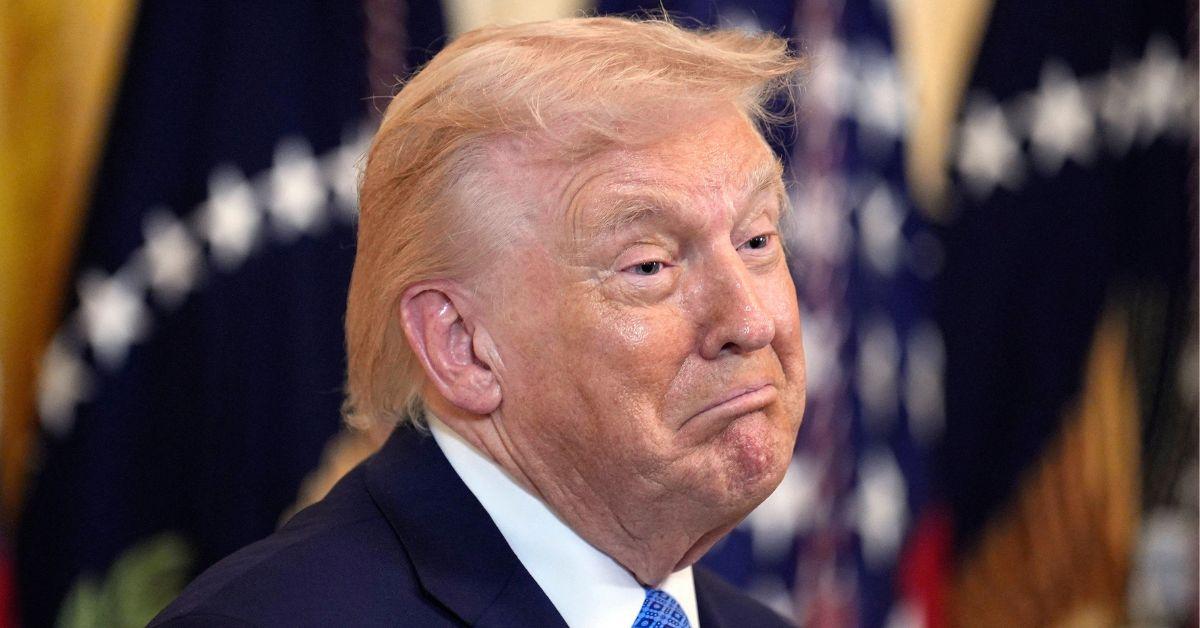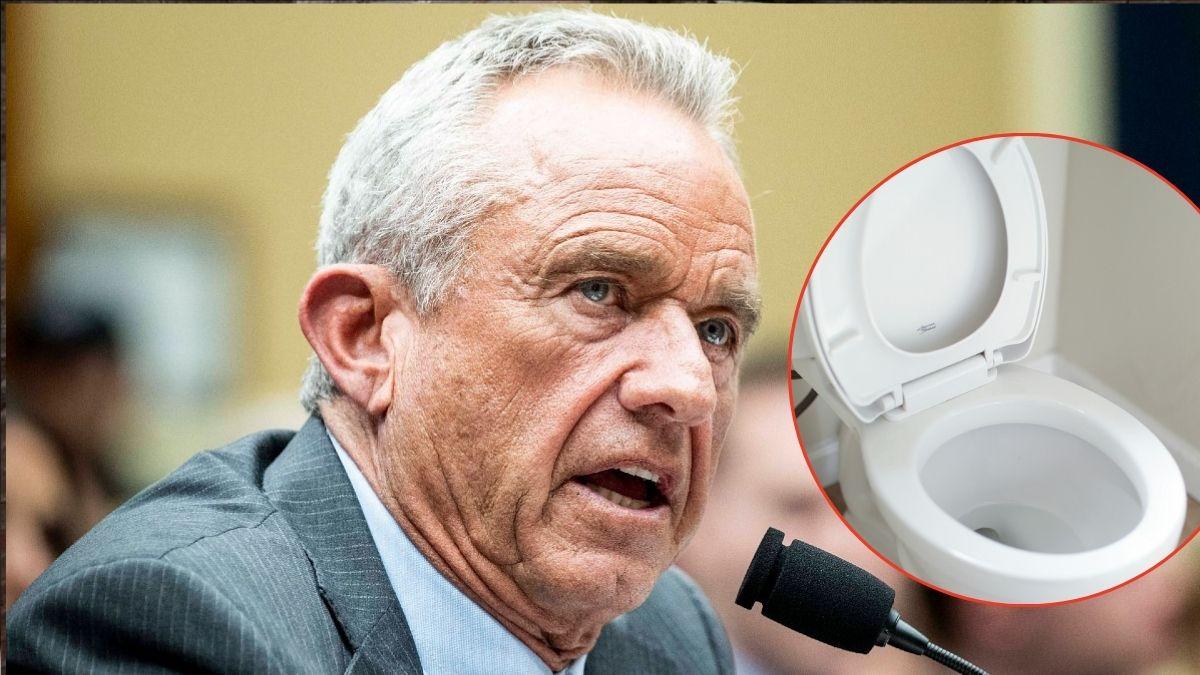Donald Trump Hit With Salman Rushdie-Level 'Fatwa' After Brutal Iran Blitz
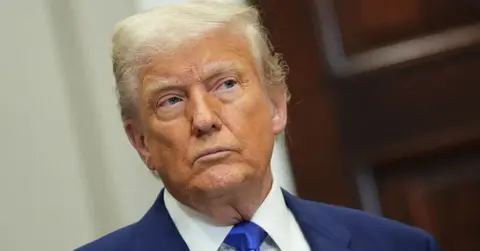
Trump is now buried in Epstein drama.
June 30 2025, Published 3:45 p.m. ET
President Donald Trump has been hit with a "fatwa" from Iran’s top Shiite leader Ayatollah Naser Makarem Shirazi that has been compared to the religious decree issued against Salman Rushdie, RadarOnline.com can reveal.
A fatwa refers to a non-binding ruling or opinion given by an Islamic scholar in response to a question from an individual, government or judge. Though a fatwa is non-binding, they can be highly significant as they’re seen as an interpretation of Islamic law and guidance from high-ranking authorities.
In 1989, Supreme Leader Ayatollah Ruhollah Khomeini issued a fatwa against Rushdie, which called for his assassination, over his 1988 novel The Satanic Verses. In the decades since the ruling, Rushdie survived multiple assassination attempts, including a 2023 stabbing in New York City in which he lost an eye.
'Warlords'
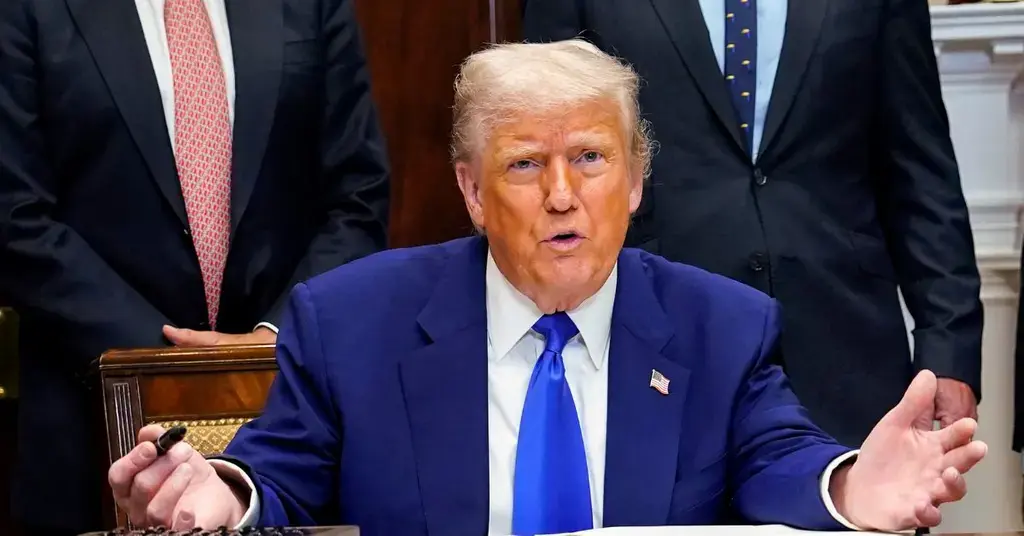
The president warned he could attack Iran again.
On Sunday, June 29, Grand Ayatollah Naser Makarem Shirazi issued a fatwa against Trump and Israeli Prime Minister Benjamin Netanyahu following the 12-day conflict between Iran and Israel, in which the US dropped bombs on Iran’s nuclear program sites.
Makarem’s message to Muslims around the world stated "a government or individual" that threatens the global Islamic community, the Ummah, is a "warloard" or "mohareb," and is "waging war against God."
Makarem said in his ruling: "Those who threaten the leadership and integrity of the Islamic Ummah are to be considered warlords."
Under Iranian law, a mohareb can be subject to execution, crucifixion, limb amputation, or exile.
'Global Danger'
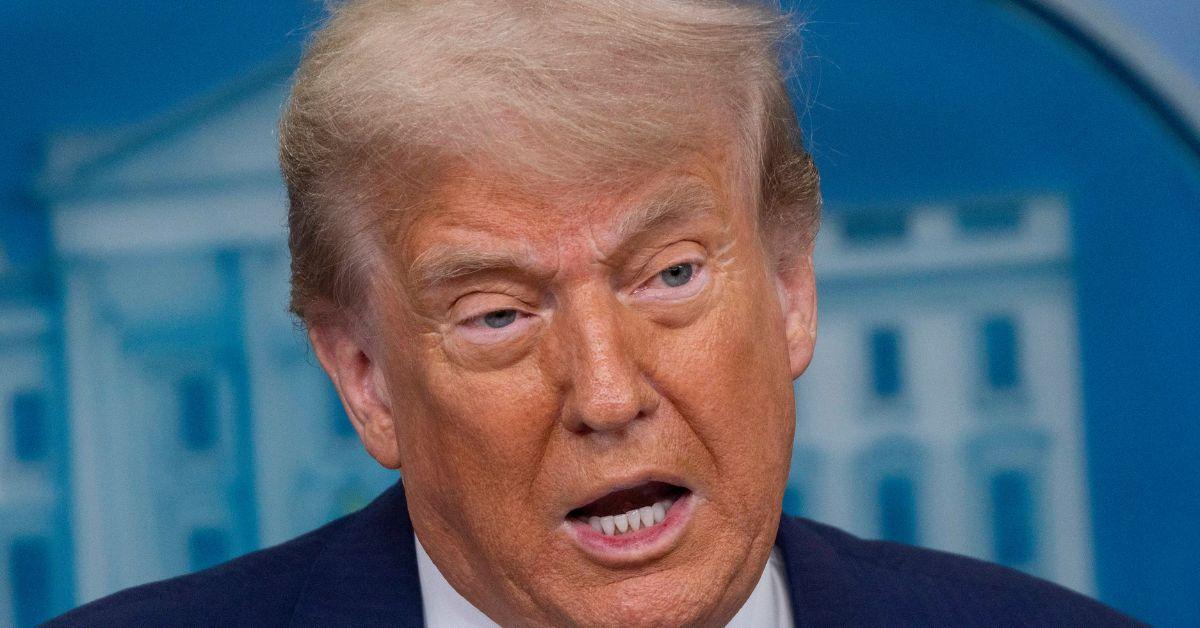
President Trump was invited but did not attend.
Makarem concluded his message with a prayer asking for protection against "enemies" and the return of messianic figure Mahdi.
As was the case in 1989 with the fatwa issued against Rushdie, which sparked widespread concern over religious extremism inciting violence, the rulings have been branded a state-endorsed "incitement of international terrorism."
British-Iranian commentator Niyak Ghorbani wrote on X: "Very Important: This is not just a threat to Iranians, it’s a global danger. "A top Iranian cleric has issued a fatwa openly calling for violent jihad against Western leaders, not just Iranian dissidents. This is a clear act of state-backed incitement to international terrorism.
“The West must realize: the Islamic Republic is not only targeting its own people, it is preparing for global violence in the name of religion."
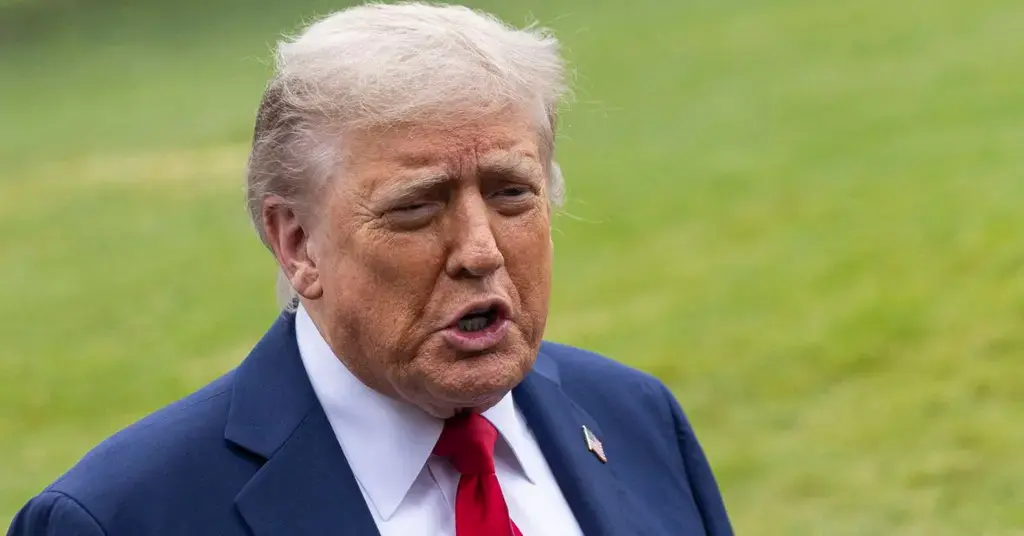
Trump was caught on tape threatening to bomb the countries.
In addition to the fatwa, Iran also called out Trump after the Israel Defense Forces (IDF) announced the elimination of a key architect behind the October 7 attacks.
Senior Hamas commander Hakham Muhammad Issa Al-Issa was reportedly killed in a targeted airstrike on Gaza City. Israeli officials said his death was a crucial blow to the group’s operational capabilities.
Following the IDF announcement, Foreign Minister Abbas Araghchi publicly reminded Trump of Iran’s commitment to uphold its sovereignty and independence in the face of external pressures.
He said: "But as a people, our basic premise is very simple and straightforward: we know our worth, value our independence, and never allow anyone else to decide our destiny."

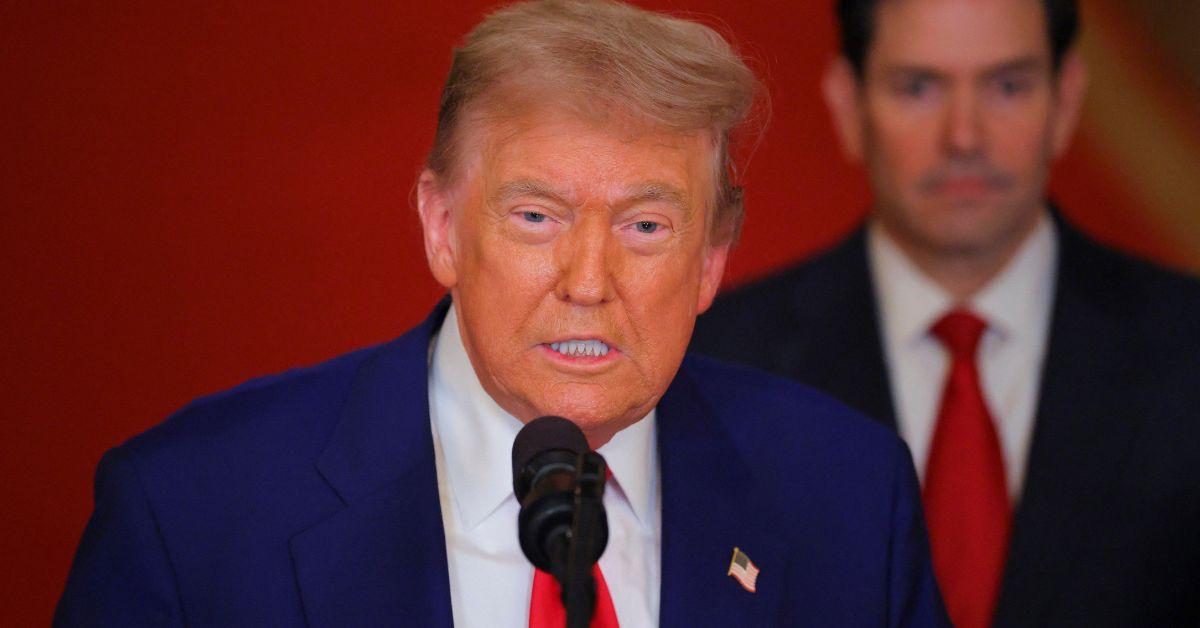
Araghchi’s statement mocked 'Daddy' Trump.
Araghchi then took a swing at Trump’s leadership – and mocked the recent controversial nickname given to him by NATO Secretary-General Mark Rutte.
He added: "The Great and Powerful Iranian People, who showed the world that the Israeli regime had NO CHOICE but to RUN to 'Daddy' to avoid being flattened by our Missiles."

